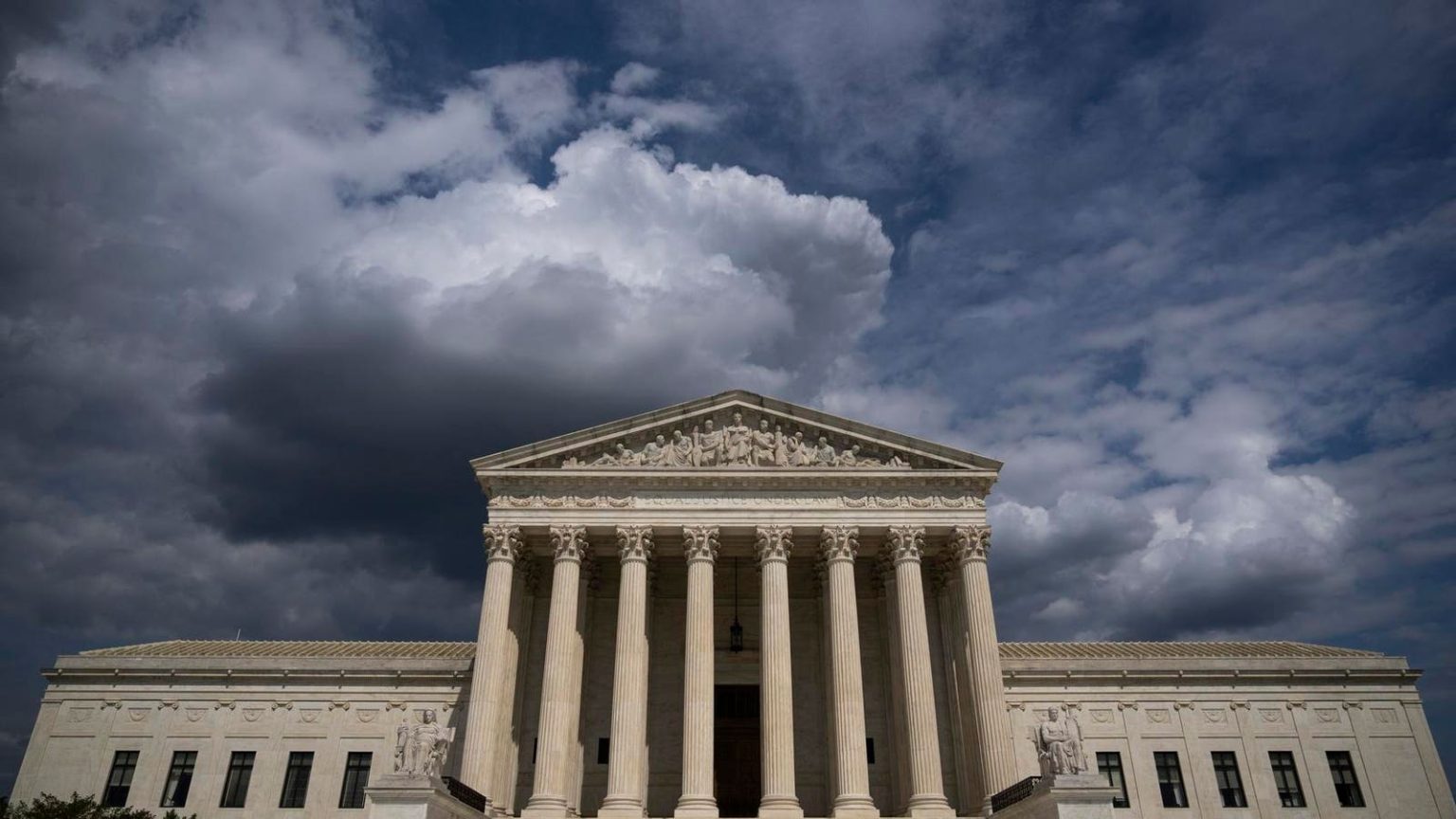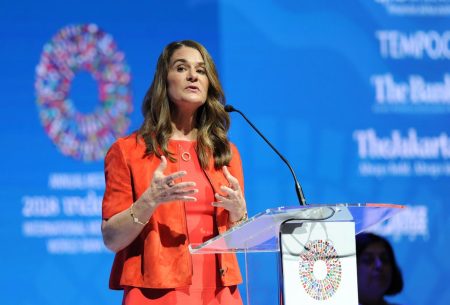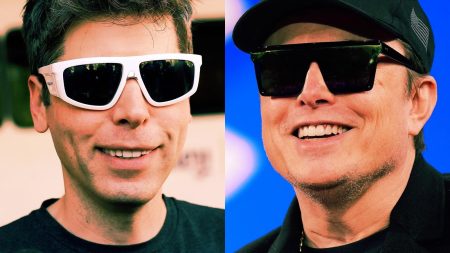Dark money has made its way into the Supreme Court as donors are increasingly utilizing donor-advised funds, which act as piggy banks for nonprofit giving. These funds then distribute money to legal-minded nonprofits that assist in funding lawyers, filing briefs, and potentially influencing rulings. The lack of transparency arises from the fact that individuals are not donating directly to nonprofits, but rather channeling their money through these intermediary funds, allowing the nonprofits to conceal the identities of individual contributors. In tax filings from 2022, donors funneled over $48 million through donor-advised funds to groups involved in significant cases before the Supreme Court, representing 44% of the total funds received by these groups. These groups then reported spending $26 million on litigation.
While the identities of many donors remain undisclosed, some have been identified. For example, billionaire David Green, founder of Hobby Lobby, has confirmed donations to major donor-advised fund providers such as the National Christian Foundation and the Servant Foundation. These organizations sent $32 million to Alliance Defending Freedom, the legal group behind the recent overturning of Roe v. Wade and other cases seeking to restrict abortion. However, the exact amount Green contributed remains unknown. Additionally, other prominent conservative families such as the Koch, Olin, DeVos, Searle, and Bradley families have been linked to DonorsTrust, a donor-advised fund provider funneling money to conservative causes. New Civil Liberties Alliance, a right-leaning group involved in cases on various issues, received a significant portion of its budget from DonorsTrust in 2022.
Donor-advised funds have become a popular trend in philanthropy, not just for those interested in influencing politics. One appeal of these funds is the ability for donors to make lump sum donations and receive full tax deductions upfront, while their money is distributed over an unlimited number of years. Billionaires such as Mark Zuckerberg, Elon Musk, Larry Page, and Paul Singer have all embraced donating to donor-advised funds, along with individuals of more modest means. Major financial institutions like Fidelity, Charles Schwab, Vanguard, Morgan Stanley, and Goldman Sachs offer donor-advised funds to the general public. Annual donations to donor-advised funds more than doubled from 2018 to $85.5 billion in 2022, indicating a growing source of funding for nonprofits.
The increasing popularity of donor-advised funds suggests that more money will continue to flow into these groups in the future, raising concerns about transparency in funding the country’s most crucial court cases. The ability to hide individual contributors behind these funds means that the public may not know who is funding legal battles before the Supreme Court. While some names may surface, the majority of donors remain anonymous, making it difficult to track the influence of dark money in shaping legal outcomes. As the use of donor-advised funds grows, there is a pressing need for greater transparency and oversight to ensure accountability in the funding of important court cases.
In conclusion, the influx of dark money into the Supreme Court through donor-advised funds poses a threat to transparency and accountability in the legal system. With donors able to conceal their identities behind these funds, the public is left in the dark about who is funding critical court cases and potentially influencing rulings. While some high-profile donors have been identified, the majority remain unknown, highlighting the need for increased scrutiny and regulation of these funds. As donor-advised funds continue to grow in popularity, it is crucial to address the lack of transparency to uphold the integrity of the legal system and ensure that justice is not influenced by hidden financial interests.













